A/B TESTING IN FACEBOOK ADS: A COMPREHENSIVE GUIDE FOR OPTIMIZING YOUR CAMPAIGNS
Introduction
A/B testing in Facebook Ads is a powerful method to optimize your campaigns and maximize their effectiveness. By comparing different versions of your ads, you can identify which elements resonate best with your audience. This guide will walk you through the process of A/B testing in Facebook Ads, explaining its importance, steps, and best practices to help you achieve better results.
What is A/B Testing in Facebook Ads?
A/B testing, also known as split testing, involves creating multiple versions of an ad to determine which one performs better. This process helps you test various elements such as headlines, images, ad copy, and call-to-actions (CTAs) to understand what drives higher engagement and conversions. Essentially, A/B testing allows you to make data-driven decisions by identifying the best-performing ad elements and optimizing future campaigns accordingly..
Why A/B Testing in Facebook Ads is Important
A/B testing in Facebook Ads allows marketers to make data-driven decisions, ensuring that their advertising budget is spent effectively. By understanding which ad variations perform best, you can refine your campaigns to improve click-through rates (CTR), conversion rates, and return on ad spend (ROAS).
Setting Up A/B Testing in Facebook Ads
Identify Your Objective:
Before starting your A/B test, define what you aim to achieve. Common objectives include increasing CTR, improving conversion rates, or lowering cost per click (CPC).
Choose Variables to Test:
Decide which elements of your ad you want to test. This could be the headline, image, ad copy, CTA, audience targeting, or ad placement.
Create Ad Variations:
Develop multiple versions of your ad, each with one variable changed. For instance, if you're testing images, keep the headline and copy the same across all versions but use different images.
Set Up the Test in Facebook Ads Manager:
Go to Facebook Ads Manager and create a new campaign.
Select the A/B test option and choose the variable you want to test.
Set up your ad sets, ensuring each one represents a different variation.
Run the Test:
Launch your A/B test and let it run for a sufficient amount of time to gather significant data. This typically means a few days to a week, depending on your budget and audience size.
Analyzing A/B Testing Results
Review Performance Metrics:
After your test has run, analyze the performance metrics of each ad variation. Focus on key indicators like CTR, conversion rate, CPC, and ROAS.
Determine the Winner:
Identify which ad variation performed the best based on your objective. The winning ad is the one that achieved the highest engagement or conversions at the lowest cost.
Implement Insights:
Use the insights gained from your A/B test to optimize your future campaigns. Apply the successful elements to new ads and continue testing other variables to further refine your strategy.
Best Practices for A/B Testing in Facebook Ads
Test One Variable at a Time:
To get clear insights, change only one element at a time in your A/B tests. Testing multiple variables simultaneously can make it difficult to determine which change influenced the results.
Use a Large Enough Sample Size:
Ensure your test reaches a large enough audience to produce statistically significant results. Small sample sizes can lead to unreliable conclusions.
Run Tests for Adequate Time:
Allow your tests to run long enough to gather meaningful data. Ending tests too early can result in misleading outcomes due to random variations.
Monitor Performance Regularly:
Keep an eye on your test's performance throughout its duration. This helps you identify any issues early and make necessary adjustments.
Document Your Findings:
Keep a record of all your A/B tests and their results. This documentation will help you track patterns and make informed decisions for future campaigns.
Common Pitfalls in A/B Testing in Facebook Ads
Testing Too Many Variables:
Changing multiple elements at once can obscure the results, making it hard to pinpoint what caused the performance change.
Inadequate Sample Size:
Running tests with too few participants can lead to inconclusive results, wasting time and resources.
Ignoring External Factors:
Consider external factors like seasonality or market trends that might affect your test outcomes.
Conclusion
A/B testing in Facebook Ads is an essential strategy for optimizing your campaigns and improving their performance. By systematically testing and analyzing different ad elements, you can make informed decisions that lead to higher engagement, more conversions, and better ROI. Implement these best practices and avoid common pitfalls to master A/B testing and achieve marketing success.
FAQs
What is A/B testing in Facebook Ads?
A/B testing, or split testing, involves creating multiple versions of an ad to determine which performs better by comparing their performance metrics.
Why is A/B testing important?
It helps optimize ad performance by identifying which elements resonate most with your audience, leading to improved engagement and conversions.
How do I set up an A/B test in Facebook Ads Manager?
Define your objective, choose variables to test, create ad variations, set up the test in Ads Manager, and run the test for sufficient time to gather data.
By following these guidelines, you can effectively use A/B testing in Facebook Ads to refine your campaigns and achieve better results.
Author
With over a decade of experience in advertising, we specialize in providing high-quality ad accounts and expert solutions for ad campaign-related issues.
Discussion (0)
Table of contents
Hot topics
How Much Do Facebook Ads Cost
Nov 17, 2023
How To Create A TikTok Business Account: A Complete Guide
Dec 29, 2023
Related posts
How Much Do Facebook Ads Cost
Nov 17, 2023
Latest Facebook ad size 2024
Nov 30, 2023
Quick way to increase Facebook ad account spending limit successfully
Nov 30, 2023
Get in touch with us
Hotline
+84 398 451 231Email Support
support@lucagency.netAdress
My Dinh - Ha Noi - Viet Nam
